Divina Gracia P. Rodriguez
Forsker
(+47) 980 60 276
divina.rodriguez@nibio.no
Sted
Ås - Bygg O43
Besøksadresse
Oluf Thesens vei 43, 1433 Ås (Varelevering: Elizabeth Stephansens vei 21)
Vedlegg
View Curriculum VitaeBiografi
I am an agricultural and applied economist. My research relates to environmental, consumer, and production economics in both developing and developed market contexts, with a focus on food security, agricultural productivity, and climate change. I have research, innovation, and development experience in Asia, Europe, and Africa. Currently, I am the coordinator of the FoodsecURe project and am also involved in several projects that deal with economic, environmental, and social sustainability in climate change.
Apart from my research work, I have taught undergraduate courses in introductory microeconomics, statistical methods, financial decision-making, and world food economy. I earned a Ph.D. from the University of Illinois, an M.S. from Texas Tech University, and a B.S. from the University of the Philippines.
Forfattere
Divina Gracia P. RodriguezSammendrag
Det er ikke registrert sammendrag
Sammendrag
This chapter emphasizes the need for active stakeholder engagement right through from strategy development to planning and implementation, to realize the benefits of sustainable bioeconomy development. In general, this varies between regions and countries. In the EU, it is considered important to engage stakeholders at all stages, whereas in developing countries engaging stakeholders so far has not been given much importance when launching new strategies. Stakeholders, including the private sector, research institutions, farmers organizations, the government and non-governmental organizations, all have important roles to play. The chapter focuses on the why, how and what type of stakeholders should be engaged, and the relevant benefits and challenges. It discusses experiences from the EU and other regions where stakeholder engagement (both formal and informal) and participative governance have led to or are necessary for successful and sustainable bioeconomy development.
Sammendrag
Det er ikke registrert sammendrag
Sammendrag
Det er ikke registrert sammendrag
Forfattere
Hilde Margrethe Helgesen Grete H. M. Jørgensen Bjørn Egil Flø Habtamu Alem Divina Gracia P. Rodriguez Ellen Elverland Ragnhild BorchseniusSammendrag
I en tid der mange melkebønder sliter tungt og jobber mye på bekostning av familie og helse, blir spørsmålet om det er mulig å drive bærekraftig melkeproduksjon stadig mer aktuelt.
Forfattere
Grete H. M. Jørgensen Ellen Elverland Bjørn Egil Flø Habtamu Alem Divina Gracia P. Rodriguez Anette Tjomsland Spilling Ragnhild BorchseniusSammendrag
Det er ikke registrert sammendrag

Divisjon for matproduksjon og samfunn
ENFASYS - ENcouraging Farmers towards sustainable farming SYstems through policy and business Strategies
Today’s farmers find it difficult to deal with the several lock-ins within food systems that keep them from transitioning to sustainable farming systems. Policies, together with business models and social innovations, need to be strengthened to overcome lock-in challenges
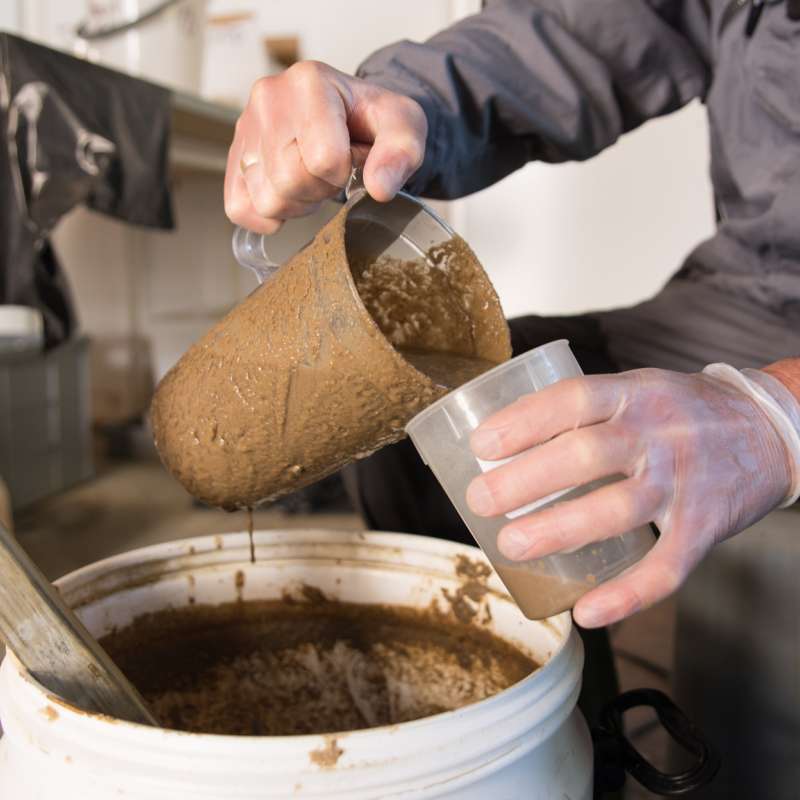
Divisjon for miljø og naturressurser
SUFFICIENT
SUFFICIENT is a highly innovative and industry driven collaboration project which brings together Norwegian industries from aquaculture (Cermaq), agriculture (Woolero and Terramarine) and biorefinery (Greentech) to develop new circular bioprocess routes, comprising anaerobic digestion, hydrolysis and fungal fermentation, for efficient conversion of selectively processed biowastes into products for fish & animal feed and biostimulant fertilizers.

Divisjon for miljø og naturressurser
ENGAGE: Europe Nutrient Management - Guided Approaches for Greater Export reduction
ENGAGE aims to operationalise a novel vision for the future of multi-scale nutrientexport reduction and associated ecosystem services in national andtransboundary/international river basins in Europe by bringing together robuststakeholder engagement strategies with coupled state-of-the-art computationalhydrology techniques and online interactive use-tailored DS tool approaches that integrate remote sensing, socio-economic, governance, and society-change decisionelements.
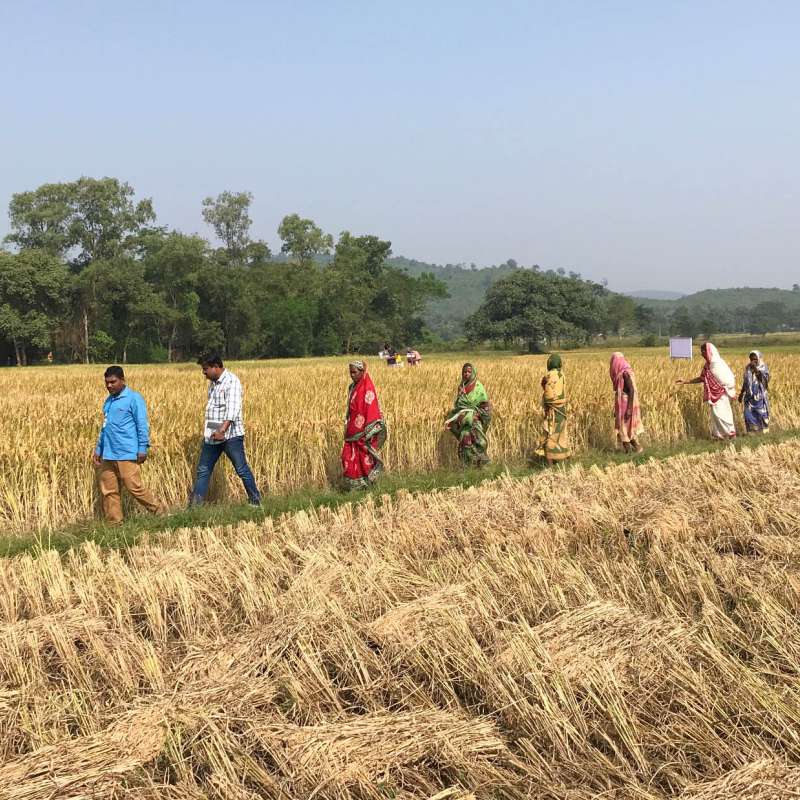
Divisjon for miljø og naturressurser
UPSCALE
A transformative climate action through upscaling climate resilient rice and other agricultural technologies supported by evidence-based knowledge and policy in India (UPSCALE).
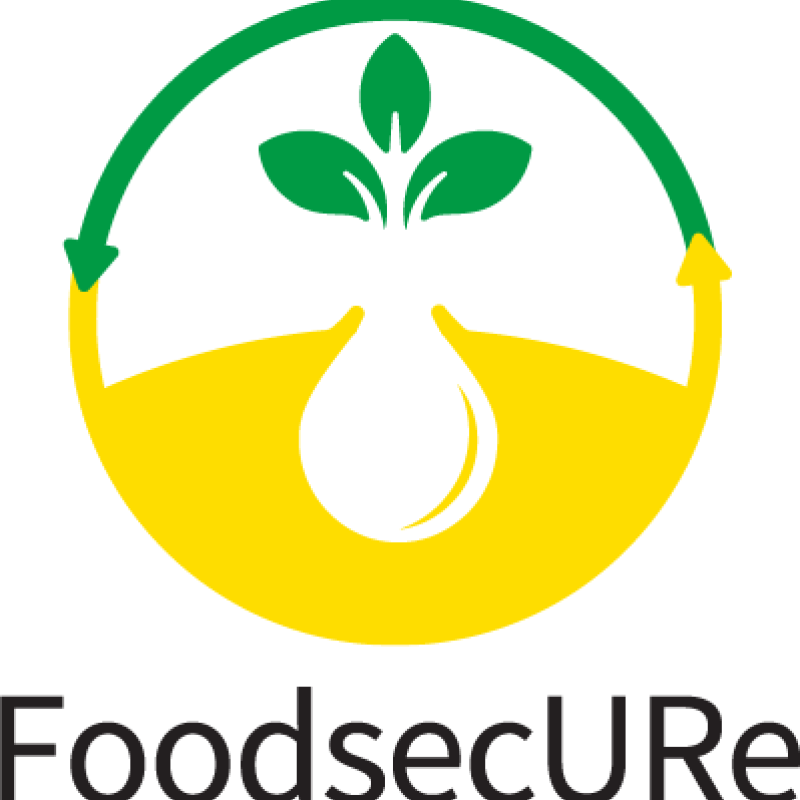
Divisjon for matproduksjon og samfunn
FoodsecURe: Food security through better sanitation: the case of urine recycling
Human urine contains essential plant nutrients. Hence, urine can serve as a “free” and locally available fertiliser. Successful, low-cost urine-diverting toilets (UDTs) that separately collect urine have been developed in Scandinavia and Europe and manufactured at large scale in Africa. A solution for stabilising urine into a solid fertiliser has also been developed. But why can't we recycle urine at scale? In Sweden UDTs are used in some cottages, and the Swedish University of Agricultural Science (SLU) has developed a method to stabilise and dry urine into a fertiliser product, urine-based fertiliser (UBF). FoodSecure aims to implement this technology at a medium scale in Ethiopia.

Divisjon for miljø og naturressurser
PATH4MED: Demonstrating innovative pathways addressing water and soil pollution in the Mediterranean Agro-Hydro-System.
Path4Med is a multi-participatory and multidisciplinary project that will pave clear pathways towards zero water and soil pollution in the agro-hydro-system of the Mediterranean sea basin and other European seas through an innovative triple bottom line approach achieving economic, social, and environmental sustainability to ensure human well-being and ecosystems functioning.
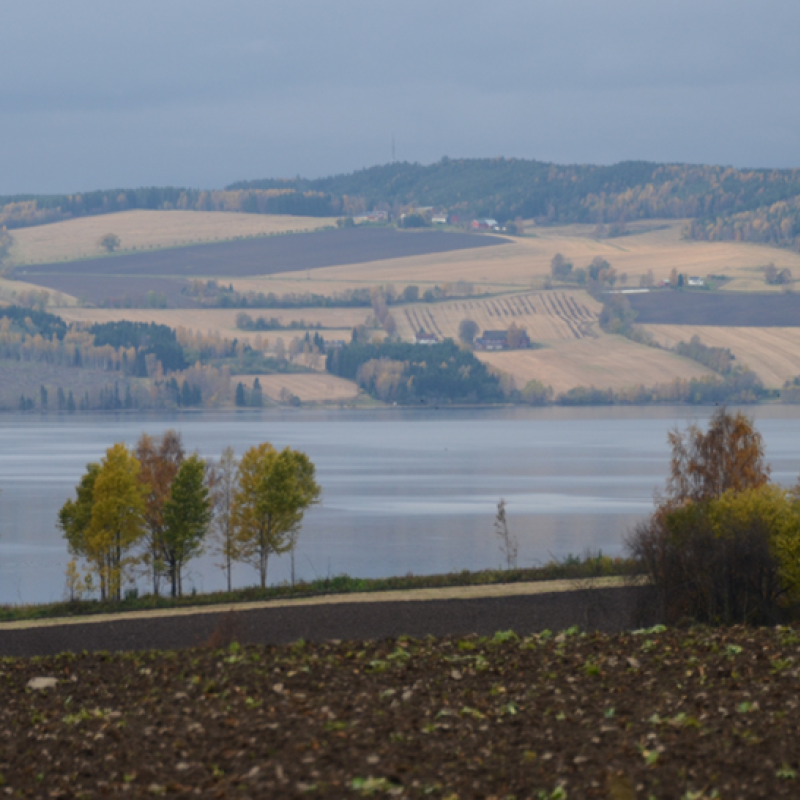
Divisjon for matproduksjon og samfunn
Agricultural mitigation measures and the value of water quality improvements
Agriculture is one of the main sources of water pollution in Norway, and an important contributor to GHG emissions.

Divisjon for matproduksjon og samfunn
Tiltak i landbruket og verdien av forbedret vannkvalitet
Landbruket er en av de viktigste kildene til vannforurensing i Norge, og samtidig en stor bidragsyter til klimautslipp.
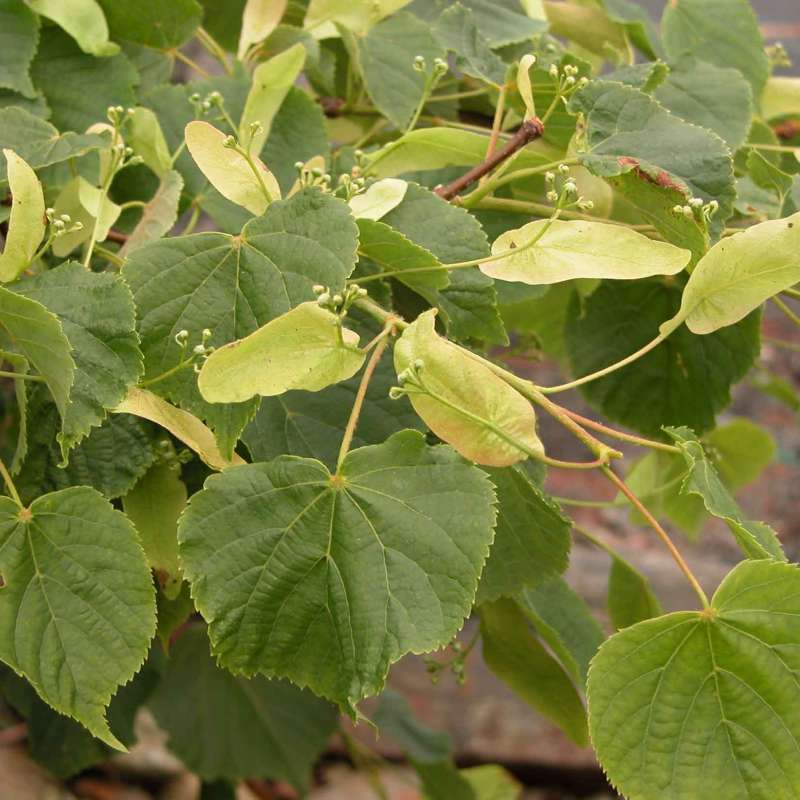
Divisjon for skog og utmark
OptFORESTS - Harnessing forest genetic diversity for increasing options in the face of environmental and societal challenges
OptFORESTS har som overordnet mål å bidra til bevaring og bruk av skogtregenetiske ressurser i Europa og er en oppfølging av ambisjonen i EUs grønne giv (Green Deal) om å plante 3 milliarder trær i EU innen 2030. Skogplantingen vil øke karbonbindingen og tilføre samfunnet mer trevirke som en sentral del av grønn omstilling. OptFORESTS rolle er å utvikle både skogfaglig og sosiokulturell kunnskap for å kunne ta flere treslag i bruk i skogbruket, bidra til restaurering av skog og øke produksjonskapasiteten i skogplanteskolene i Europa. NIBIO er sammen med 18 andre institusjoner fra 15 land partner i dette prosjektet som går helt til 2027.
